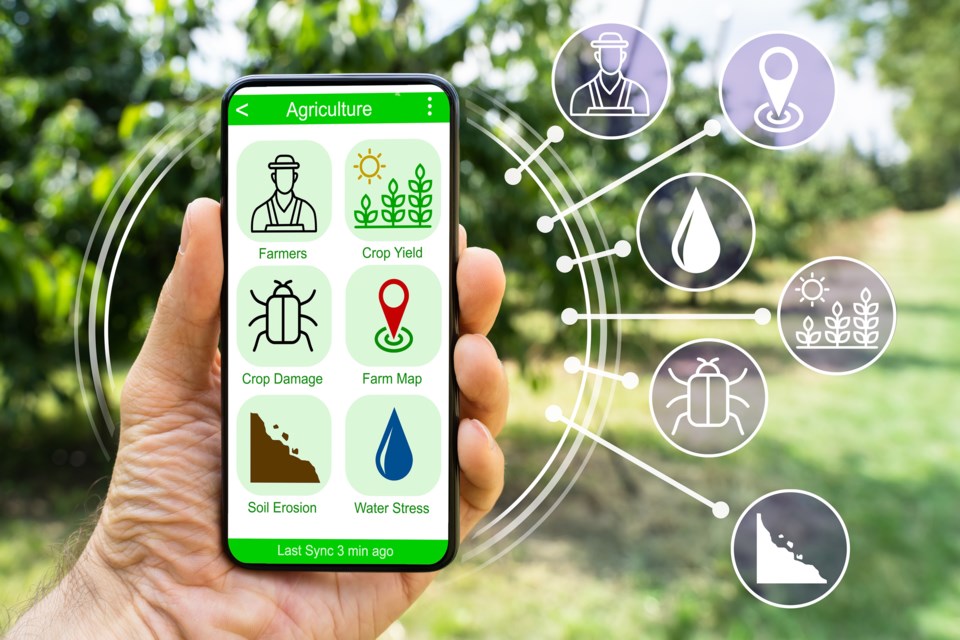You may have heard that a new and important educational opportunity is coming to the Simon Fraser University Surrey campus.
Dubbed the B.C. Centre for Agritech Innovation, the facility will help to advance Agritech innovations, which will ultimately help to ensure that farmers are able to produce more abundant and nutritious food supplies while using less water, fertilizer, chemicals and reduce waste.
The BC government recognizes the importance of agricultural innovation and has contributed $6.5 million to the project over three years and the federal government has contributed $10 million over five years.
The centre is predicted to generate hundreds of new jobs, but probably more importantly, help us to deal with the future of food and farming in a world rife with issues that relate to food security.
As we are enjoying fine weather approaching harvest time, it is important to take a moment to reflect on the disastrous chain of events that brought large scale damage to the Sumas prairie last fall. Farming operations were completely wiped out from atmospheric weather events that diking infrastructure just simply could not contend with. When we are talking about food, these types of events that are associated with climate change need to be taken very seriously.
A recent study by Science Advances in the United States has come to the conclusion that California could be victim to a massive flooding event that would make the Sumas event of last fall look minuscule comparatively. Scientists are predicting that the Central valley of California could become a vast inland sea due to constant atmospheric river events compounded by run off from massive snow accumulations in the Sierra Nevada mountain range. This area was hit hard in the 1860’s when flooding wiped out thousands of acres of farmland and thousands of people died.
The Central Valley of California grows approximately 25 per cent of the food consumed in America. Such a mega disaster scenario like this has to be avoided at all costs if humanly possible and that is why Agritech is vitally important.
Farmers are naturally adaptive and will always do their best to grow food for us to eat but the stakes are changing as climate change continues to throw curve balls that are not easily dealt with.
I am hopeful that the new SFU initiative will attract interested businesses and help to generate interest amongst youth to consider educational opportunities in agriculture.
A recent survey of more than 600 in Delta noted that 85 per cent of citizens here support the idea of agricultural education. That is certainly telling.



